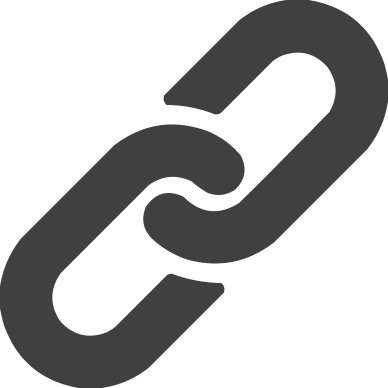

Share:
Table Of Contents
- Marketing Cloud vs. Marketing Cloud Account Engagement
- What is Salesforce Marketing Cloud?
- Key Features of Marketing Cloud
- What is Salesforce Marketing Cloud Account Engagement?
- Key Features of Marketing Cloud Account Engagement
- Key Differences Between Marketing Cloud and Marketing Cloud Account Engagement
- Conclusion
Marketing Cloud vs. Marketing Cloud Account Engagement: What’s the Difference?
Salesforce offers a suite of powerful marketing tools designed to meet the diverse needs of businesses. Two prominent tools in this suite are Marketing Cloud and Marketing Cloud Account Engagement (formerly Pardot). While both are part of the Salesforce ecosystem, they serve different purposes and are designed for different marketing strategies. In this blog, we'll break down the key differences between these two platforms and help you determine which is the right fit for your business.
What is Salesforce Marketing Cloud?
Salesforce Marketing Cloud is an enterprise-level marketing platform built to manage complex, multi-channel marketing campaigns. It is designed for B2C (Business-to-Consumer) marketing, focusing on customer engagement across email, social media, SMS, web, and advertising. Marketing Cloud allows businesses to create personalized, data-driven campaigns that engage customers across all channels.
Key Features of Marketing Cloud:
Journey Builder: Create personalized customer journeys and automate interactions across multiple channels.
Email Studio: Manage email marketing campaigns, with capabilities for segmentation, personalization, and automation.
Mobile Studio: Engage customers via SMS, push notifications, and mobile messaging.
Social Studio: Manage social media interactions, schedule posts, and monitor brand mentions.
Advertising Studio: Connect with audiences through targeted ads on platforms like Google, Facebook, and LinkedIn.
Einstein AI: Utilize AI for predictive analytics and to optimize marketing strategies.
What is Salesforce Marketing Cloud Account Engagement?
Salesforce Marketing Cloud Account Engagement (formerly Pardot) is a B2B (Business-to-Business) marketing automation tool designed to help companies manage their lead generation, nurturing, and scoring processes. It integrates deeply with Salesforce CRM, making it an ideal solution for businesses looking to align their sales and marketing efforts.
Key Features of Marketing Cloud Account Engagement:
Lead Scoring and Grading: Rank leads based on engagement and suitability, allowing sales teams to prioritize high-quality leads.
Email Marketing Automation: Automate email campaigns and track engagement metrics to nurture leads.
Lead Nurturing: Create drip campaigns to move leads through the sales funnel with personalized content.
Salesforce CRM Integration: Deep integration with Salesforce CRM allows sales teams to track lead activities and move leads through the pipeline.
Reporting and Analytics: Track the performance of marketing efforts and campaigns with detailed reports.
Key Differences Between Marketing Cloud and Marketing Cloud Account Engagement
| Feature | Marketing Cloud (B2C) | Marketing Cloud Account Engagement (B2B) |
|---|---|---|
| Target Audience | B2C (Consumers) | B2B (Businesses) |
| Primary Focus | Customer engagement across multiple channels (email, social, SMS, web, ads) | Lead generation, nurturing, and scoring |
| Use Case | Ideal for complex multi-channel campaigns and consumer interactions | Designed for businesses focused on managing leads and nurturing them into sales opportunities |
| Integration | Integrates with third-party platforms like Google, Facebook, and LinkedIn for ads | Deep integration with Salesforce CRM for sales and marketing alignment |
| Lead Scoring | Does not focus on lead scoring; more focused on engagement | Lead scoring and grading to prioritize sales efforts |
| Marketing Campaigns | Multi-channel marketing campaigns (email, mobile, social, ads) | Email automation, lead nurturing, and drip campaigns |
| Ideal For | Enterprises with a large consumer base | Businesses with a B2B focus and a need for sales-marketing alignment |
Conclusion
Both CRM Analytics and Data Cloud offer powerful capabilities, but they serve different purposes. CRM Analytics excels at Salesforce-driven insights and AI predictions, while Data Cloud is designed for unified customer experiences across multiple platforms. At Winfomi, we specialize in helping businesses harness the full potential of both tools, ensuring data-driven success at every stage of your Salesforce journey.




